Requirements for bio-fabrication devices combining engineering and biology among Israeli companies and Technion researchers
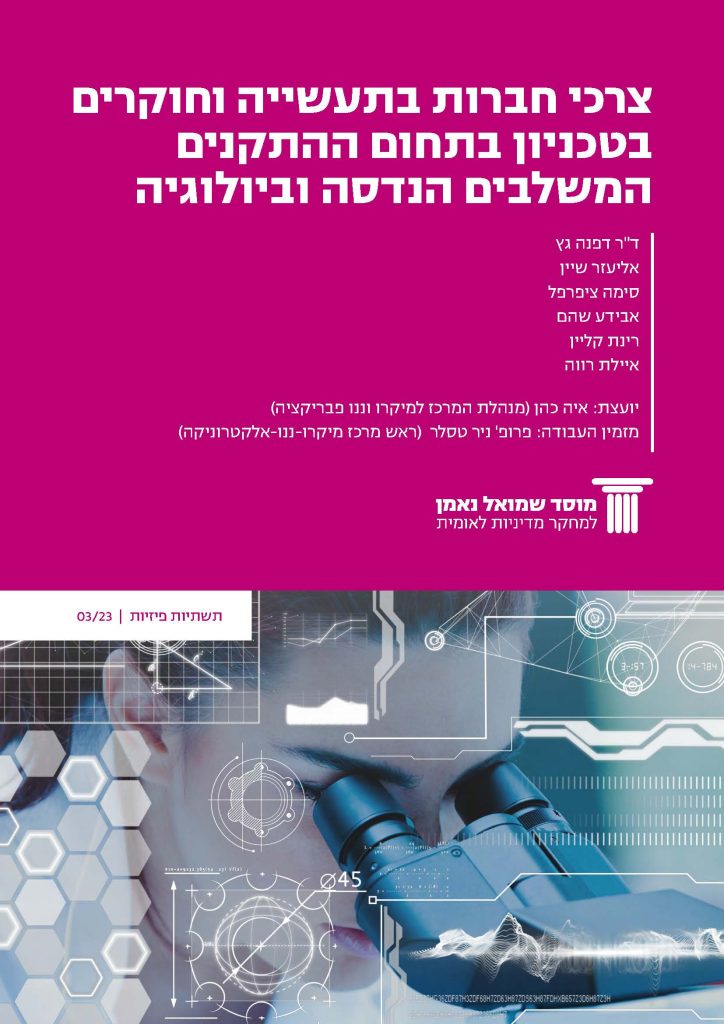
As part of developing the bio-convergence field as an economic growth engine for Israel, there is great importance in collecting data concerning the industrial need for infrastructure and services. This includes information about the required equipment, the types of products for which service is required, what engineering skills are needed, expertise in design processes, and […]
Mapping continuing and external learning for academia graduates in the STEM areas, and the expected needs for LLL in the areas of emerging technologies
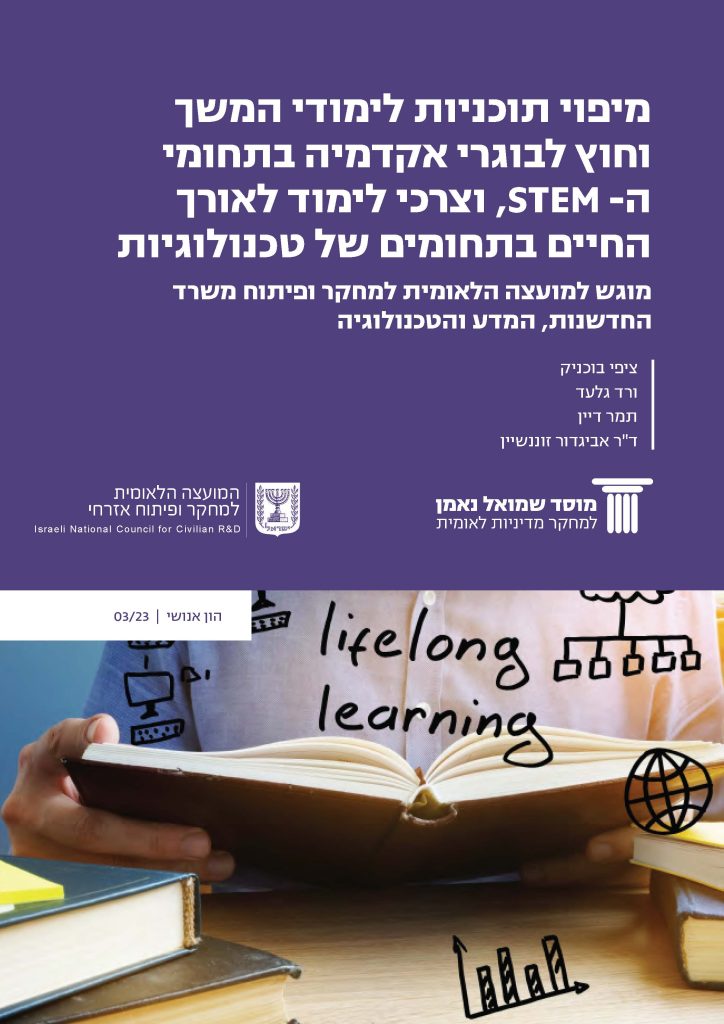
Lifelong Learning (LLL) represents an additional stage in the “education chain,” supplementing primary, secondary, and tertiary education. LLL should systematically impart essential knowledge, abilities and skills across various domains that are in demand in the labor market. LLL opportunities should be accessible to all graduates, enabling them to continue advancing through self-directed learning or formal […]
Digital Engineering and its assimilation in engineering education
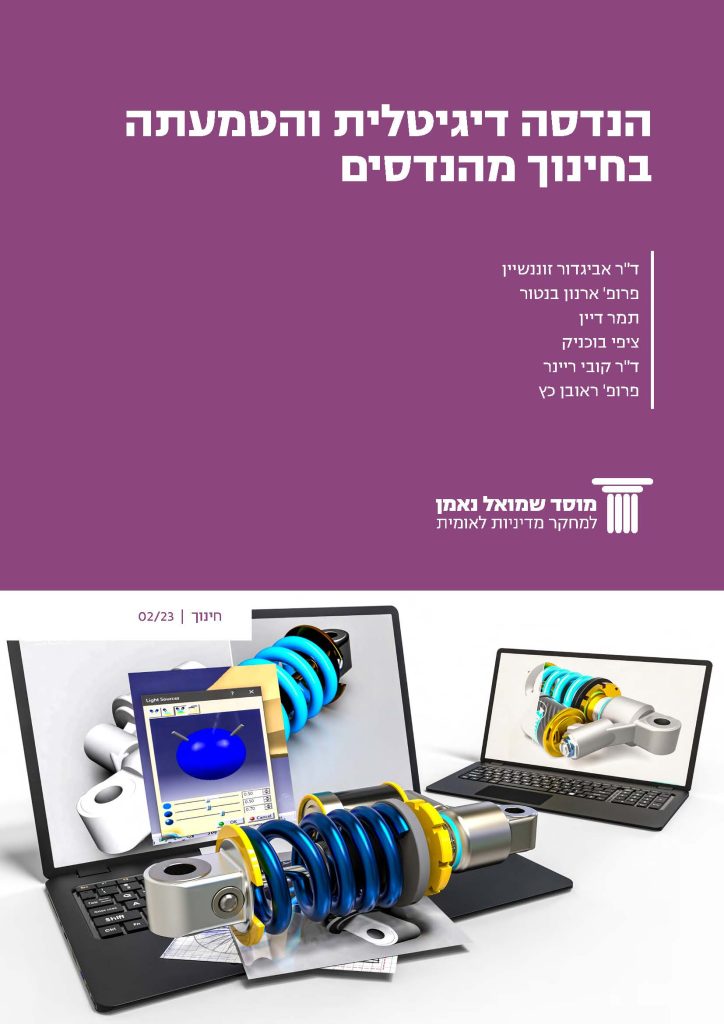
The fourth industrial revolution, also known as Industry 4.0, encompasses several significant trends, including the digital revolution or digital transformation. This document explores various aspects of digital transformation with a focus on its components and perspectives for digital engineering. These aspects include strategic considerations and implementation factors. Major organizations and companies, such as the Department […]
Mapping Human Talent Requirements for Jerusalem’s Hi-Tech and Biomed Industries
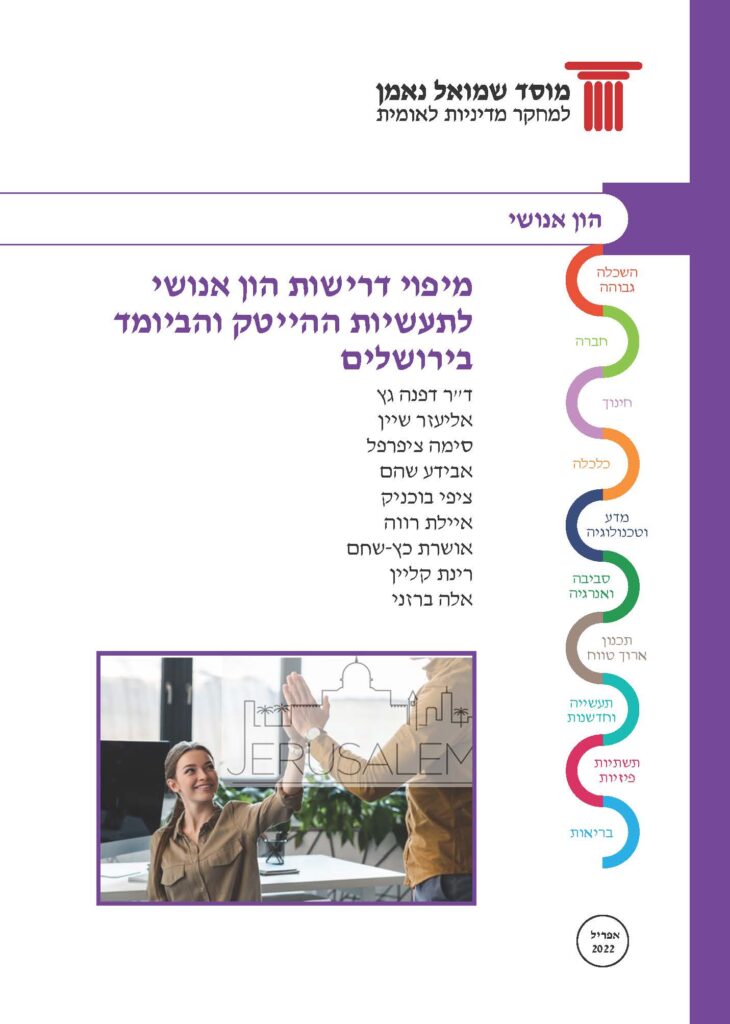
The Samuel Neaman Institute for National Policy Research, together with Jerusalem’s Development Authority, Jerusalem’s Municipality, the Social-Economic Forum, and the Employers Administration initiated a project for encouraging young candidates and discharged soldiers residing in Jerusalem, to live, study and work in the city. This project aims to contribute to Jerusalem’s economic and social development and […]
Evaluation of R&D Instruments for Fostering Academia-Industry Collaboration: The Case of the MAGNET Consortia
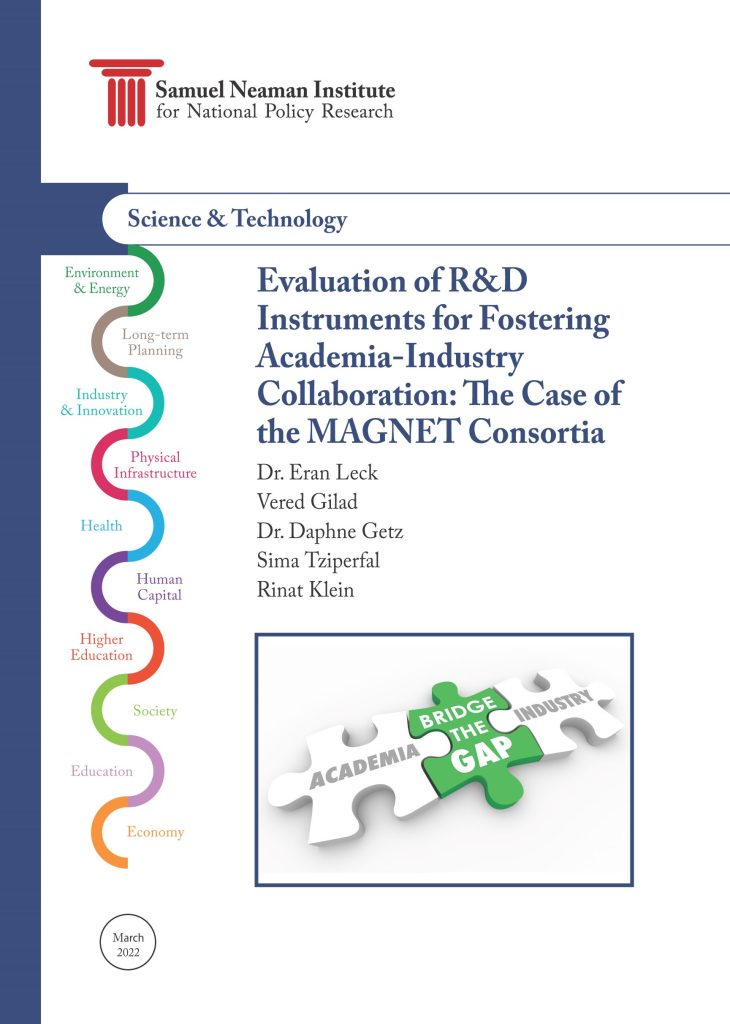
In this project, we implement a comprehensive approach for mapping and evaluating existing government tools and instruments for academia-industry collaboration in Israel and in selected countries. A special emphasis is placed on the evaluation of the IIA MAGNET Consortia Program, which constitutes the flagship of the IIA R&D instruments. The main goals of the research […]
R&D outputs in Israel: Analysis of academia-industry collaboration in inventive activity
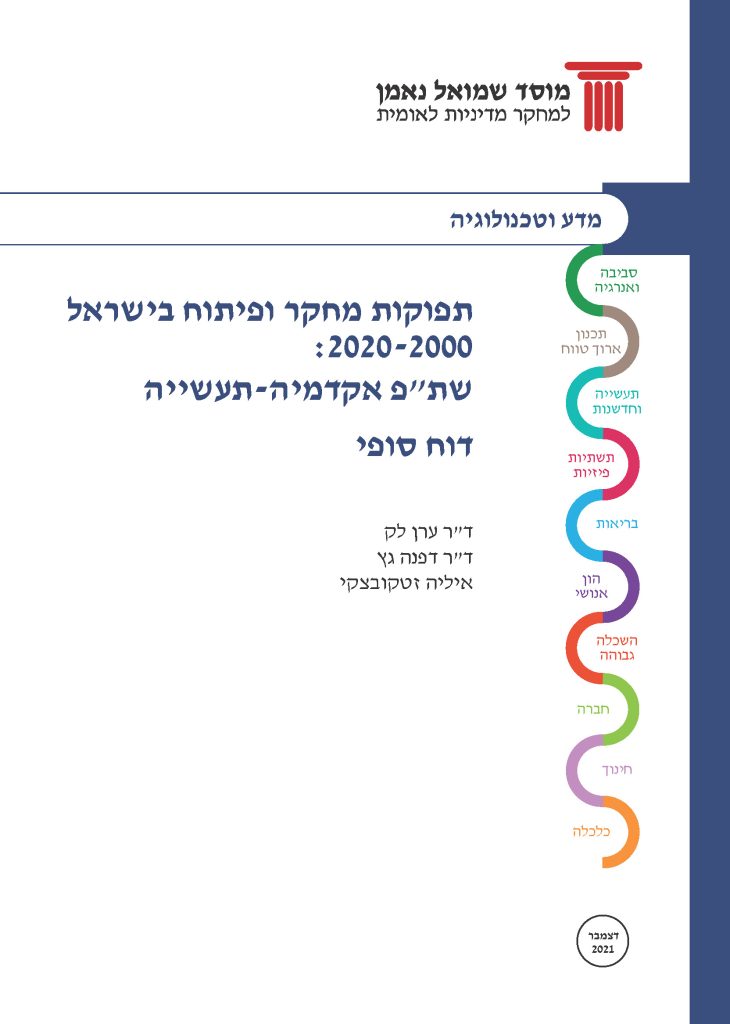
This report presents statistics on the inventive activity of Israeli inventors and applicants. The report includes an analysis of patent applications in the PCT track, an analysis of inventive activity by leading assignees, distribution of inventive activity by sectors and technological fields and an analysis of the globalization aspects of Israeli inventive activity. An extended […]
Review of the challenges to the Israeli Industry and the business sector in the next decade
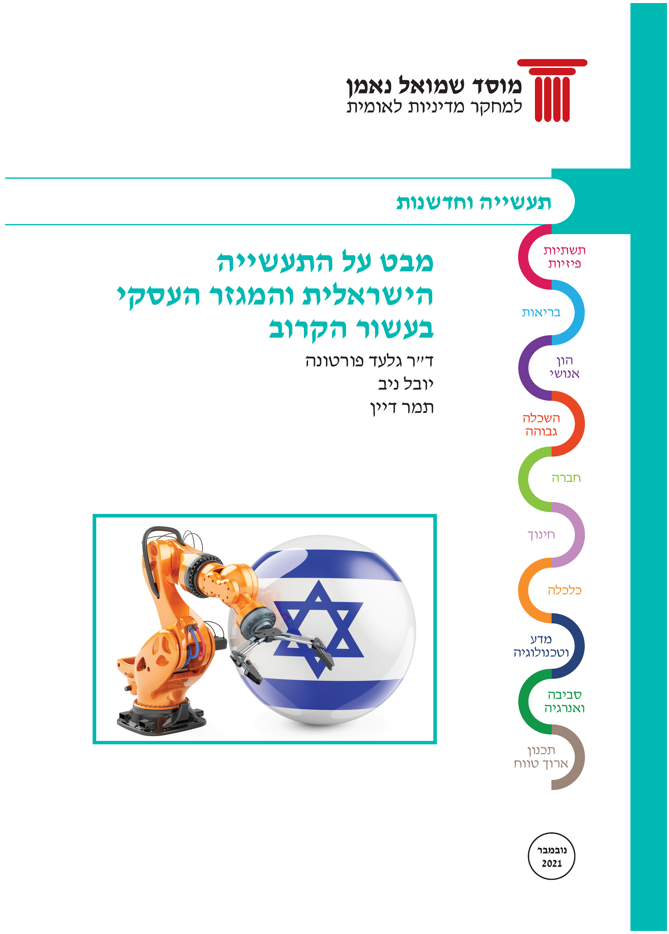
A Trial to summarize the major global trends, that will affect the Israeli Industry and the business sector, and to learn from them the needed policy of the Industrial sectors in the next decade. This research is prepared to set the ground for round table discussions within the Centre for Industrial excellence with the participation […]
From frontal teaching to remote learning to active online education
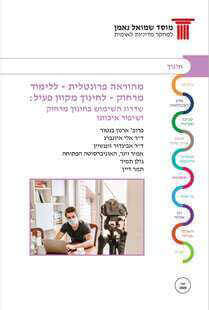
Conclusions and insights from remote learning during the Corona crisis period and plans and road map to develop it into active online education
Findings of a Study for Assessing the Contributions of the Program frr Advancing Quality and Excellence in Indusries and NGOs in the North of Israel
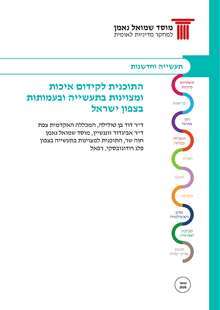
This project is about a survey on the contributions of the program for quality and excellence in the North of Israel to the participating companies and NGOs. In the program participated about 300 organizations through the program since 2006. A survey on the contributions to the organizations was done through survey and interviews of the managers […]
Characterization of knowledge transfer of Israeli universities based on indices of commercialization and technology transfer
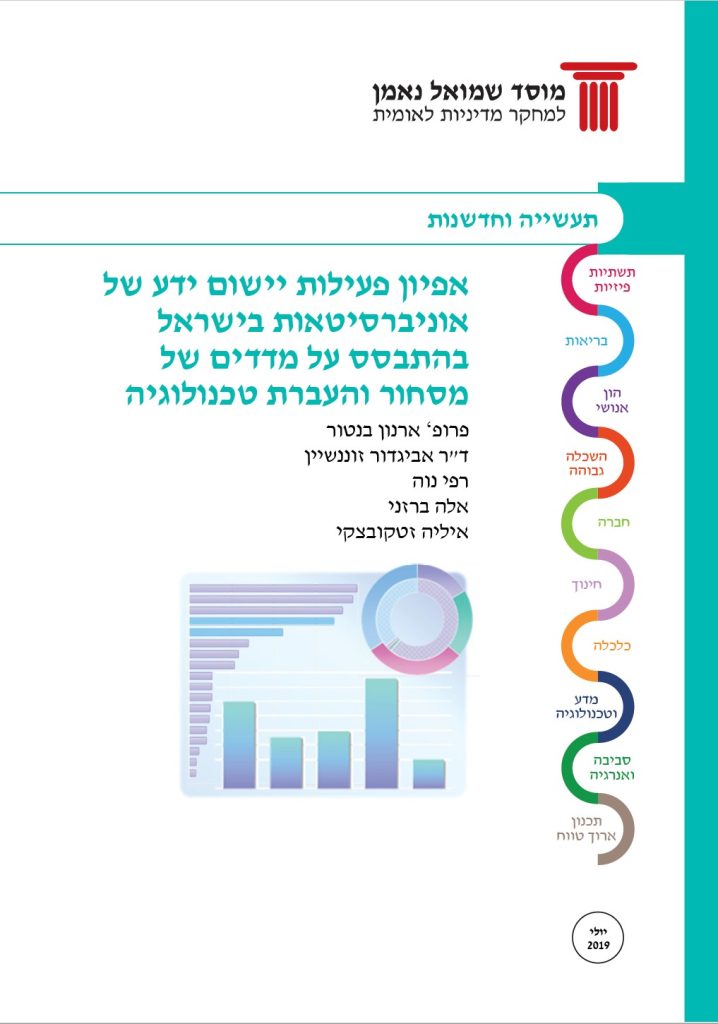
Review and critical evaluation of university-industry relations based on data and indicators of Israeli universities, in comparison with leading ones abroad. Development of insights regarding optimal policy steps to balance between technology commercialization and technology transfer, addressing the point of view of the well-being of society and national economy.
